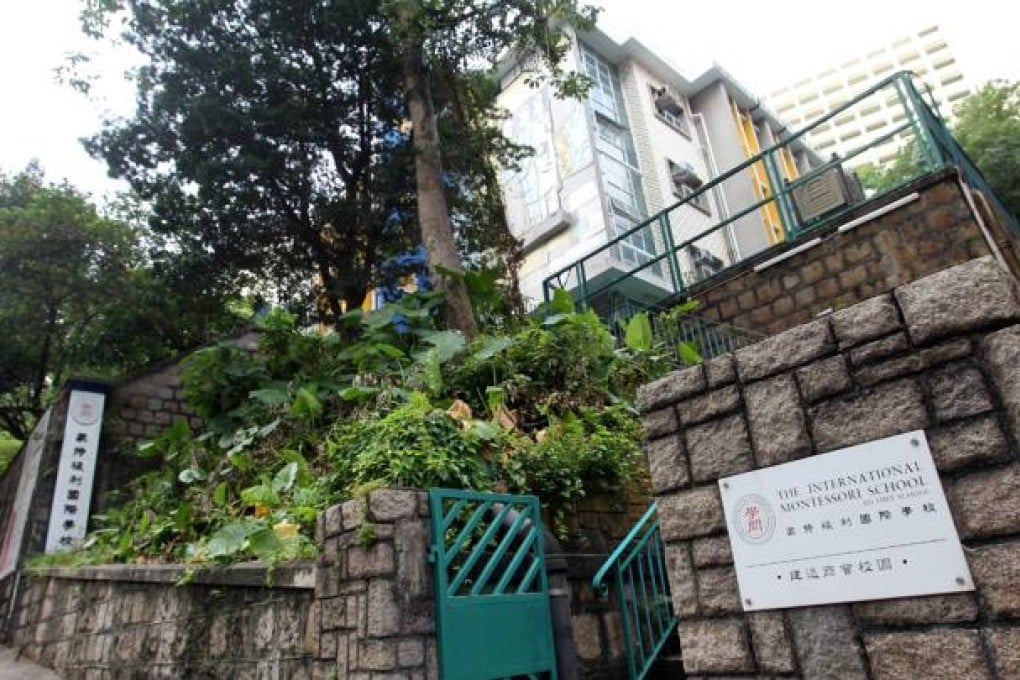HK government allocates 3 new sites to boost international school places
Three new sites allocated, but legislators accuse the government of catering only to the wealthy

Three vacant school premises will be turned into international classrooms to create 1,700 places, the government said yesterday.
This follows criticism from business chambers and other observers that a lack of school places for expatriate children is harming the city's reputation as an international commerce hub.
However, some lawmakers have accused the government of catering only to the wealthy in its latest decision.
One site in Stanley was granted to the International Montessori Education Foundation, which will be able to expand from its current site in Tin Hau.
Carmel School, a Jewish school, will occupy a site in Shau Kei Wan, while Nord Anglia Education, a British company, will establish its first school in Hong Kong at a campus in Lam Tin.